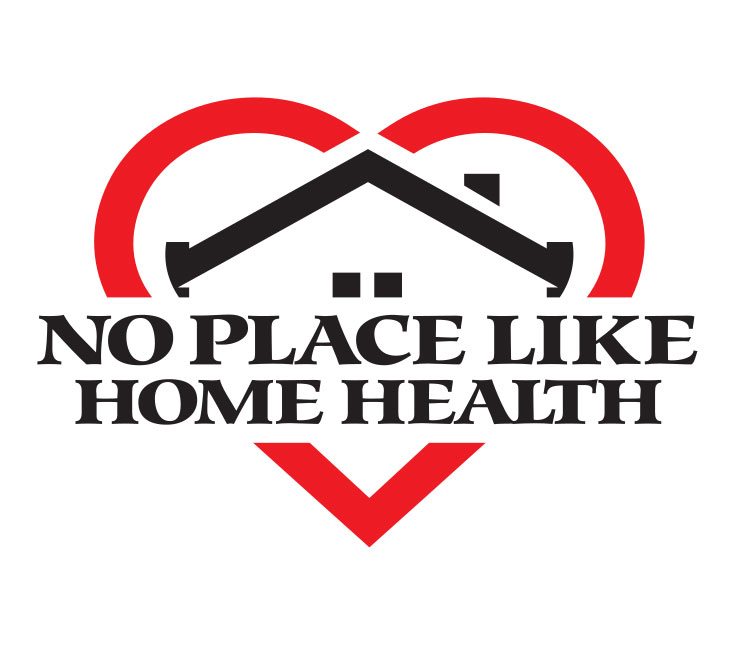How Physical Therapy Helps Elders with Alzheimer’s Be More Active
Alzheimer’s disease is a progressive neurological condition that affects cognitive function, memory, and eventually overall physical well-being. Alzheimer’s patients typically experience significant challenges, especially as the disease progresses. Physical therapy services offer some tools that help Alzheimer’s patients remain active and mobile, which is important for both physical and mental well-being.
What Does Physical Therapy Do for Alzheimer’s Patients?

Physical Therapy Farmington Hills MI – How Physical Therapy Helps Elders with Alzheimer’s Be More Active
Alzheimer’s disease brings with it a decline in physical activity in aging adults. Seniors with Alzheimer’s disease tend to lose motor skills, experience muscle weakness, and develop balance issues. Cognitive challenges also make it difficult for seniors to remember why they should keep moving. Physical therapists can help seniors deal with the functional limitations that they experience because of their health. They also put together personalized plans that address issues like mobility, strength, flexibility, and balance.
Improved Mobility
Physical therapy helps aging adults to become more active. Therapists use a variety of exercises and stretches with other techniques to help seniors with Alzheimer’s disease improve their mobility and start to move more. This also helps them boost their independence, making it easier for seniors to stand, walk, and move around their environments.
Improved Endurance and Strength
Strength training helps to build muscle for seniors with Alzheimer’s disease. Aging adults are already at risk of losing muscle tone rapidly, but Alzheimer’s patients can experience this problem at an accelerated rate. Building muscle and endurance does a lot to help seniors avoid falling, which can bring with it injuries and an increased risk of future falls.
Better Coordination and Balance
Physical therapists can also work with seniors to improve their balance and coordination. Focusing on balance helps aging adults to be safer overall while going through their normal daily activities. It’s also a key part of any fall prevention plan because seniors are better able to avoid a fall when their balance is better. As seniors improve both coordination and balance, they can start to feel more secure about being more physically active. This, in turn, helps them to move around more.
Pain Management
Another area where physical therapists can offer a lot of help is with pain management. Physical therapy addresses some of the pain that seniors might experience as a result of Alzheimer’s disease. Manual therapy, heat and cold therapy, and therapeutic exercises are just a few of the techniques that can help with managing pain. Keeping pain under better control helps aging adults to have a better overall quality of life.
Cognitive Stimulation
Seniors who have Alzheimer’s disease need as much cognitive stimulation as they can get. Working with physical therapists is another opportunity for aging adults to get the engagement and cognitive stimulation that might not get in other ways. Physical therapy causes seniors to use cognitive function, attention, and memory and it uses those skills along with physical activity. This all helps to keep the brain stimulated and engaged.
Physical therapy interventions help to empower seniors who have Alzheimer’s disease. Being more physically active helps them be stronger and improve mobility and balance while also boosting cognitive stimulation. The personalized support that seniors receive helps them to maintain their independence and overall well-being as they face the challenges of a progressive illness like Alzheimer’s disease.
If you or an aging loved one is considering Physical Therapy Services in Farmington Hills MI, please get in touch with the caring staff at No Place Like Home Health, LLC today. 734-259-4200
Connecting Families with Compassionate & Quality Home Health Care In Wayne, Oakland, Livingston & Washtenaw.
- Helping Seniors Maintain Important Relationships - April 21, 2025
- Common Medication Mistakes Seniors Make And How To Avoid Them - April 7, 2025
- How Does Physical Therapy Help Seniors with Arthritis? - March 21, 2025
